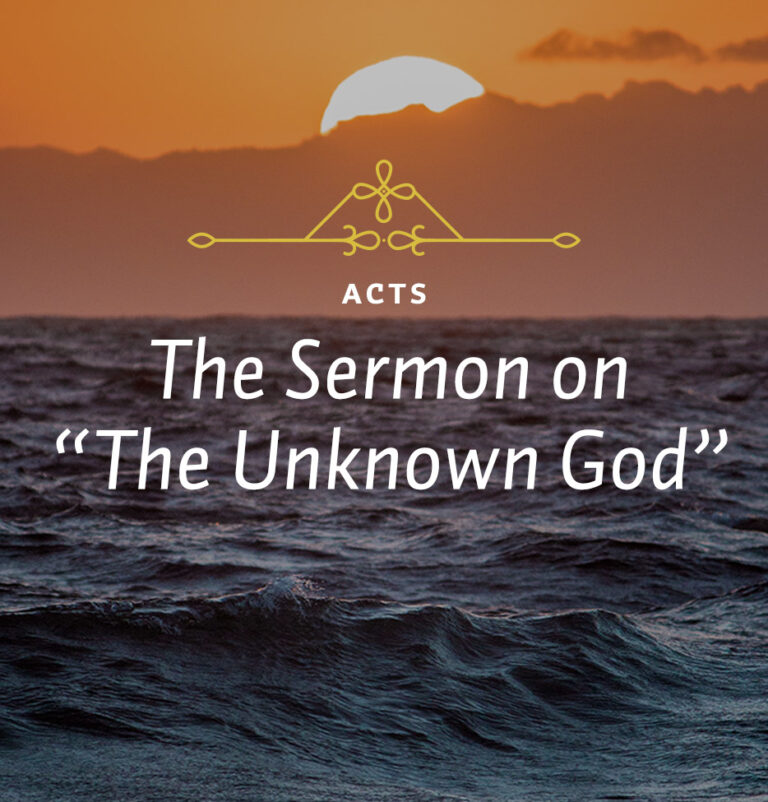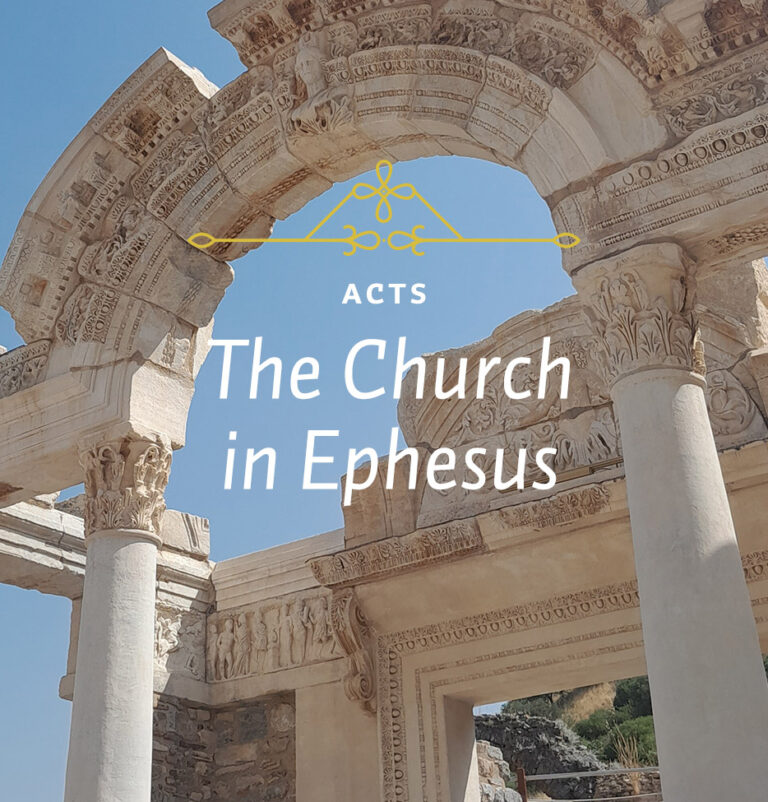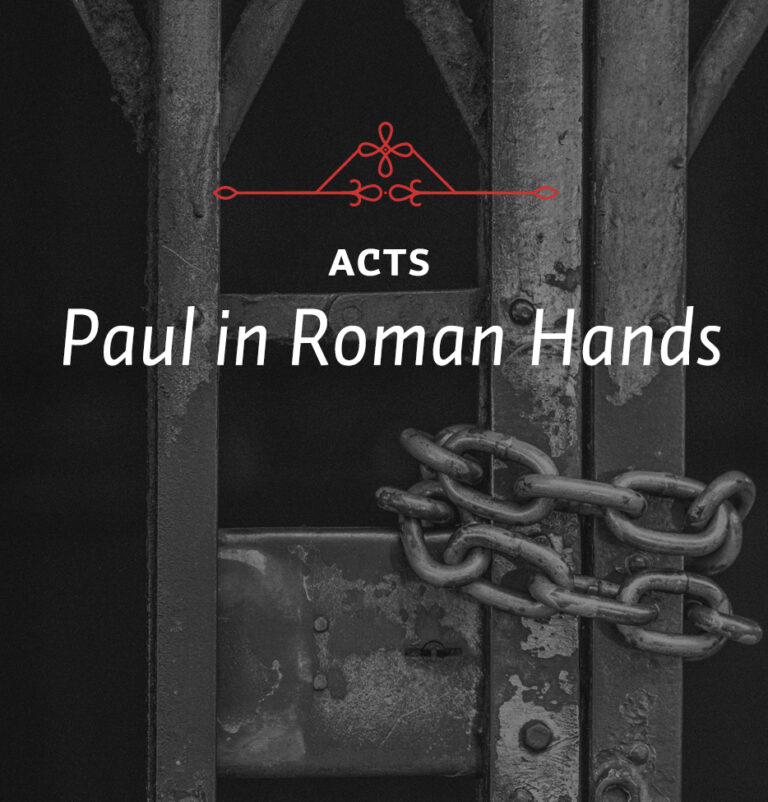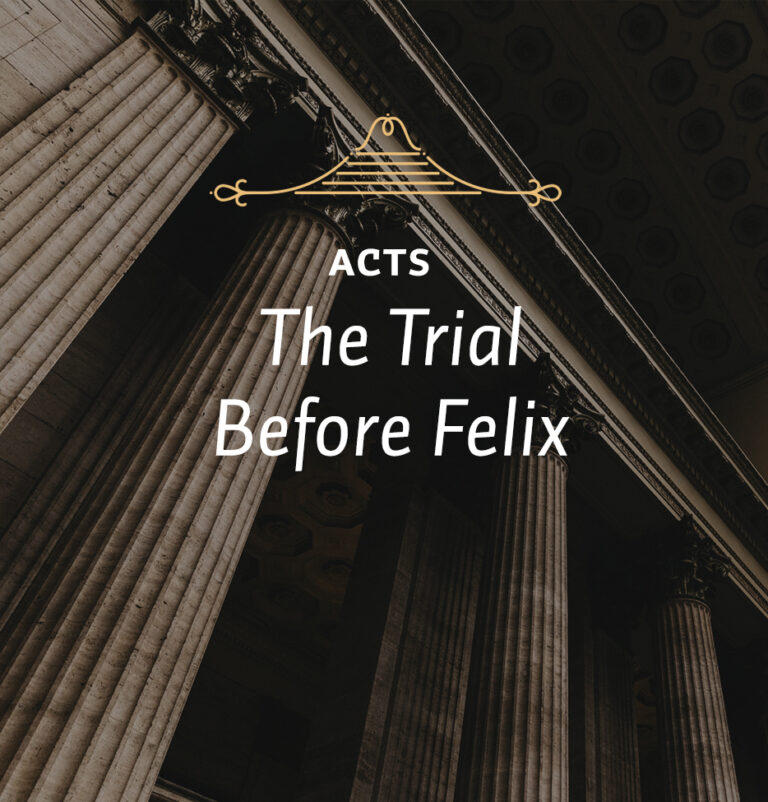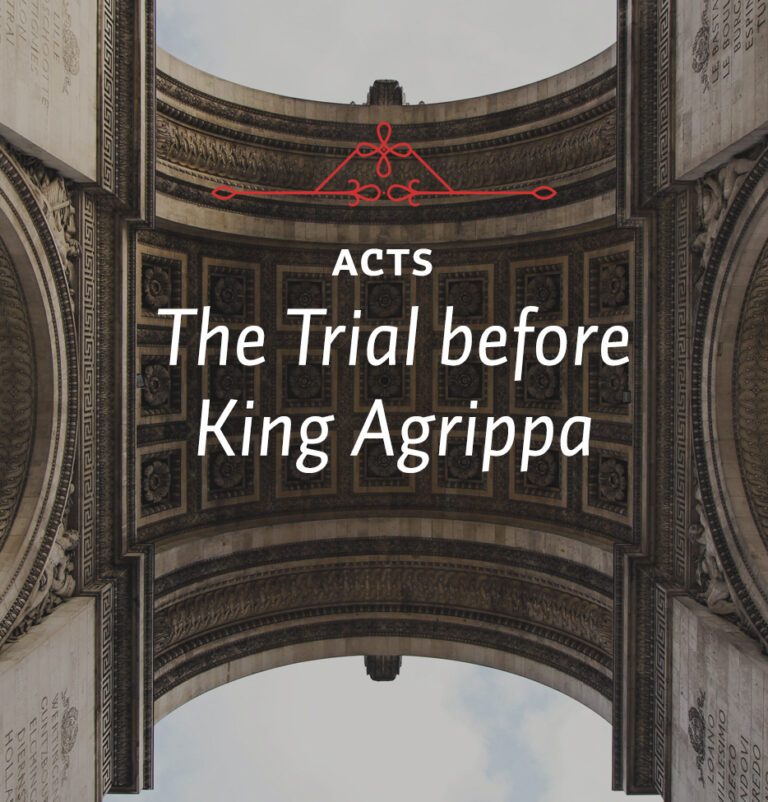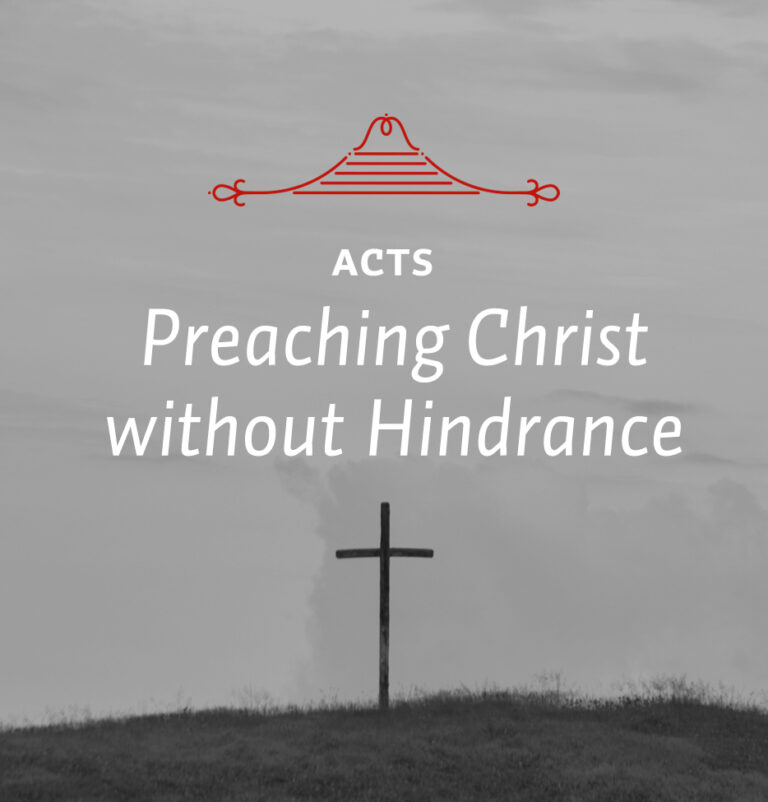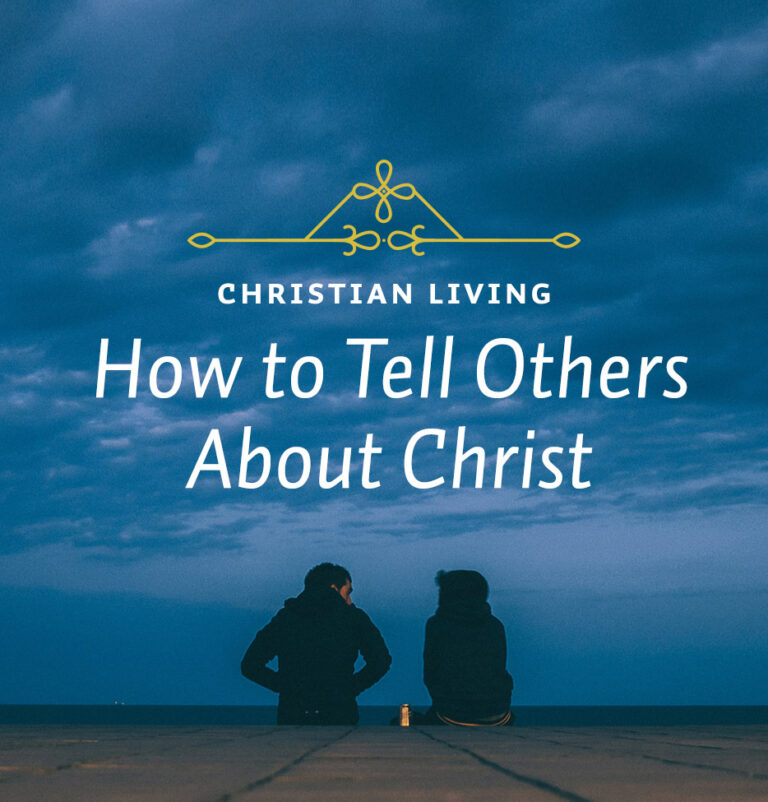
Monday: The Church’s “Marching Orders”
When Jesus Christ told his disciples to “Go… and teach all nations, baptizing them in the name of the Father, and of the Son, and of the Holy Spirit,” he was giving them what the Duke of Wellington once described as the Church’s “marching orders.” They were to tell others about Him. They were to carry the Gospel everywhere.





